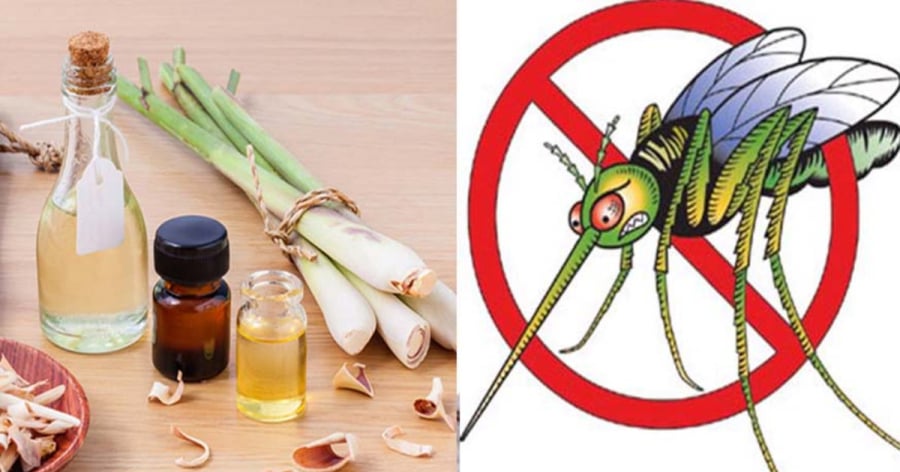Mosquitoes are more than just a nuisance; they are vectors of dangerous diseases such as malaria, dengue fever, and encephalitis. Finding natural and safe ways to repel mosquitoes is always necessary to protect your family’s health. One of the simplest and most effective methods is to grow plants that are known to be natural mosquito repellents.
Here are some excellent mosquito-repelling plants that every home should have:

1. **Lemon Grass**: Lemon grass is one of the most popular mosquito-repelling plants. Its strong citrus scent is unpleasant to mosquitoes, helping to drive them away from your living space. Lemongrass is easy to grow, low-maintenance, and can be used in cooking or for making essential oils. Plant lemongrass around your house, especially in your garden, balcony, or near entry points to keep mosquitoes at bay.
2. **Basil**: Basil is not just a delicious herb in cuisine, but it’s also an effective mosquito repellent. The scent of basil’s essential oil is a natural mosquito repellent. Potting basil and placing it on windowsills, pathways, or balconies will help prevent mosquitoes from entering your home. Additionally, basil has anti-inflammatory properties and can soothe mosquito bites if you’re unfortunate enough to be bitten.
3. **Mint**: Mint is renowned for its refreshing scent and natural mosquito-repelling properties. Grow mint in pots and place them in various areas of your home, such as the kitchen, balcony, or garden, to deter mosquitoes and other insects. Mint leaves are also great for cooking or making tea, offering a plethora of health benefits.
4. **Lavender**: Lavender is a delightful plant for humans but a foe to mosquitoes. The scent of lavender essential oil is off-putting to mosquitoes, encouraging them to stay away. Additionally, lavender has a calming effect, promoting better sleep. Pot some lavender and place it on your desk, bedside table, or hang it by the window. Not only will it repel mosquitoes, but it will also add beauty and a relaxing aroma to your living space.
5. **Rosemary**: Rosemary is a well-known herb for its ability to repel mosquitoes and insects effectively. Rosemary essential oil helps repel mosquitoes and a variety of other insects, including flies and fleas. You can grow rosemary in your garden or pot it for indoors. Rosemary leaves are also great for adding flavor to your culinary creations.
6. **Chinese Mugwort**: Chinese Mugwort is a popular choice among families due to its effectiveness in repelling mosquitoes. This plant is easy to grow, adapts to various climatic conditions, and is suitable for both indoor and outdoor gardening. In addition to being a mosquito repellent, Chinese Mugwort also purifies the air, reduces stress, beautifies your living space, and is considered a lucky plant in feng shui, bringing prosperity to your household.
7. **Lemon Balm**: Lemon balm, a member of the mint family, has a gentle lemon scent that helps repel mosquitoes and other insects. This plant grows quickly and can be potted and placed near windows, on balconies, or in gardens. Aside from being a mosquito repellent, lemon balm is also used in traditional medicine to reduce stress and treat minor wounds.
8. **Evening Primrose**: Evening primrose not only offers a delightful evening fragrance but is also an effective mosquito repellent. Planting evening primrose on your balcony or around your garden will help protect your living space from mosquitoes and other insects. Additionally, this plant adds a touch of beauty and romance to your surroundings.



































